Table of Contents
Introduction:
Traveling the world offers an unparalleled sense of excitement and adventure, presenting opportunities to immerse yourself in diverse cultures, taste exotic cuisines, and create lifelong memories. However, amidst the thrill of exploring new destinations, one significant challenge travelers often face is staying connected.
Whether you’re a digital nomad who relies on a stable internet connection to work remotely, a frequent business traveler who needs to stay in touch with colleagues and clients, or a tourist eager to share every breathtaking moment with friends and family back home, maintaining a reliable connection is crucial for both convenience and safety. In this guide, we’ll delve into comprehensive roaming tips that will ensure you stay connected no matter where your adventures take you, making your travels smoother and more enjoyable.
Points to Note in Roaming Tips: Staying Connected Abroad:
(1) Research Your Destination’s Connectivity Options:
Before embarking on your trip, invest time in researching the connectivity options available at your destination. Countries offer various means of staying connected, from local SIM cards to mobile hotspots and widespread Wi-Fi networks. Understanding these options can help you plan effectively and avoid unexpected connectivity issues.

Local SIM Cards:
Local SIM cards are often the most cost-effective way to stay connected while abroad. By purchasing a SIM card from a local carrier, you can access local rates for data, calls, and texts, which are typically much lower than international roaming rates.
How to Get One:
- Purchase at the airport, local shops, or directly from carrier stores.
- Bring your passport, as some countries require identification to buy a SIM card.
- Make sure your phone is unlocked and compatible with the local network bands.
eSIMs:
eSIM technology allows you to download a virtual SIM card directly to your phone. If your device supports eSIMs, you can purchase an eSIM plan online before you travel, making it easy to switch between carriers without needing a physical SIM card.
Advantages:
- Convenient and quick to set up.
- No need to worry about losing a physical SIM card.
- Can store multiple eSIM profiles for different countries.
Mobile Hotspots:
Renting or purchasing a mobile hotspot (MiFi) can provide internet access for multiple devices simultaneously. This is particularly useful for families or groups traveling together.
Considerations:
- Look for unlimited data plans to avoid overage charges.
- Ensure the device is compatible with the local network.
- Some providers offer delivery to your home before you travel or to your destination.
(2) Understand Your Carrier’s International Roaming Policies:
International roaming charges can quickly add up if you’re not familiar with your carrier’s policies. Therefore, it’s crucial to carefully review your carrier’s international roaming options before embarking on your trip. By doing so, you can select the most suitable plan that aligns with your specific needs and helps you avoid unexpectedly high charges.
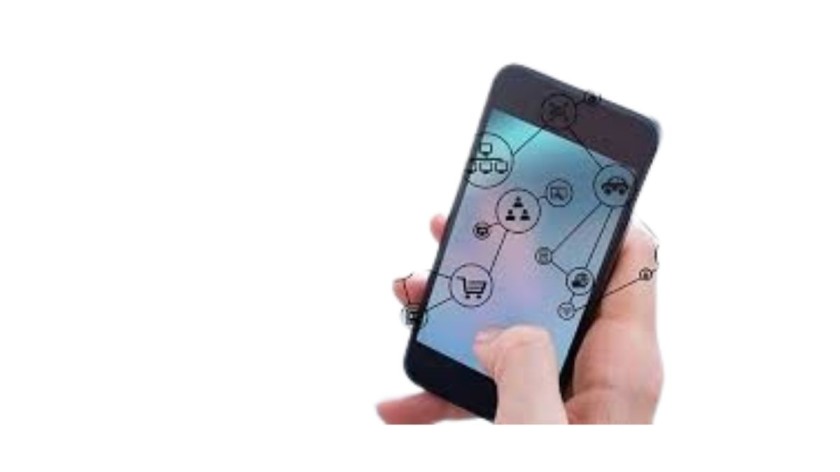
Roaming Packages:
Many carriers offer international plans that include a set amount of data, calls, and texts for a daily or monthly fee. These packages can be significantly cheaper than standard roaming rates.
Tips:
- Activate the plan before you travel to avoid high charges.
- Some plans automatically activate when you use your phone abroad, so check your carrier’s policy.
Data Limits and Speed Throttling:
Be aware of any data limits and whether your carrier throttles your speed after a certain amount of data usage. Some plans offer high-speed data up to a limit, after which your speed may be reduced.
Check for:
- Daily or monthly data caps.
- Conditions under which speed throttling applies.
- Options to purchase additional high-speed data.
Text and Call Rates:
International text and call rates can vary widely. Ensure you understand the costs associated with making calls and sending texts while abroad.
Strategies:
- Use Wi-Fi for calls and texts whenever possible.
- Consider using VoIP services for cheaper international calls.
(3) Utilize Wi-Fi Whenever Possible:
Wi-Fi can be incredibly useful for conserving data usage and avoiding expensive roaming charges, particularly for those who are constantly on the move. It’s readily available in cafes, hotels, and public areas, providing a lifeline for travelers who want to stay connected without racking up hefty fees.
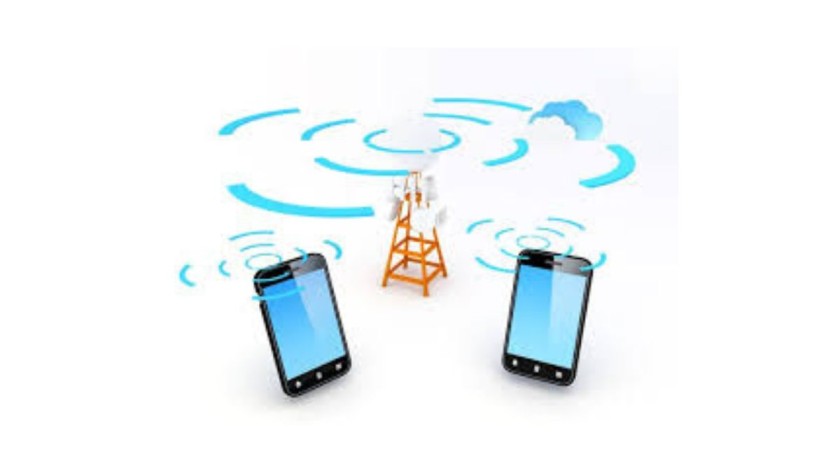
Wi-Fi Maps and Apps:
Looking for a Wi-Fi hotspot in your area? There are several apps designed to help you locate free Wi-Fi hotspots. Two popular options are Wi-Fi Map and Wiman. These apps provide extensive databases of both free and paid Wi-Fi locations worldwide, making it easy for you to stay connected on the go.
Advantages:
- Save money by using Wi-Fi instead of mobile data.
- Stay connected in areas where mobile coverage may be weak.
Secure Connections:
When connecting to public Wi-Fi networks, it’s important to prioritize security due to the increased risk of unauthorized access. One way to enhance security is by utilizing a Virtual Private Network (VPN), which creates a secure connection and encrypts data to safeguard your personal information from potential threats. By using a VPN, you can significantly reduce the risk of unauthorized access and protect your online privacy while using public Wi-Fi networks.
Security Tips:
- Avoid accessing sensitive information, such as online banking, over public Wi-Fi.
- Use a reputable VPN service to encrypt your internet connection.
- Regularly update your device’s security software.
(4) Optimize Your Phone Settings:
Making small adjustments to your phone settings can significantly assist you in handling data usage and preventing unexpected roaming charges. By modifying certain settings, such as background app refresh, automatic app updates, and video autoplay, you can effectively manage your data usage. This proactive approach will ensure that you stay in control of your data expenses and avoid any unwelcome surprises on your phone bill.
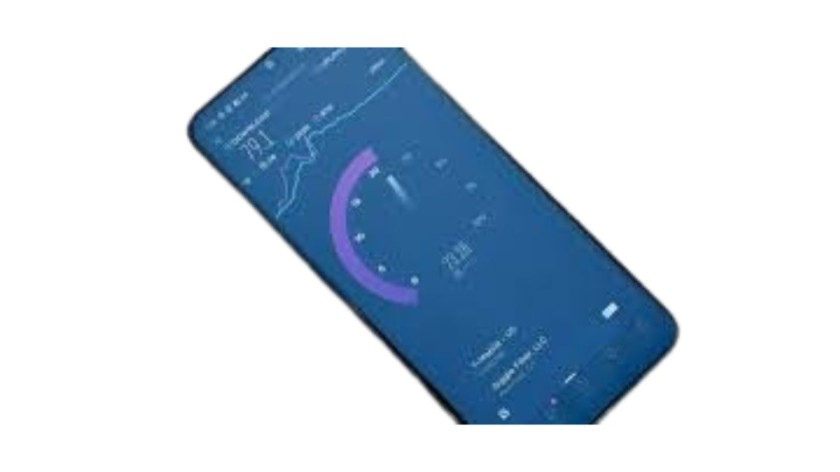
Turn Off Data Roaming:
Disable data roaming in your phone’s settings to prevent your phone from using mobile data when you’re not on a Wi-Fi network. This is especially important if you don’t have an international plan.
Steps:
- On iPhone: Go to Settings > Cellular > Cellular Data Options > Data Roaming.
- On Android: Go to Settings > Network & internet > Mobile network > Roaming.
Use Airplane Mode:
Using airplane mode disables all wireless connections, preventing any accidental data usage. You can still turn on Wi-Fi manually while in airplane mode.
Benefits:
- Saves battery life.
- Ensures you don’t incur roaming charges.
Download Offline Maps and Apps:
Google Maps and other navigation apps allow you to download maps for offline use. This is extremely useful when you’re exploring areas with limited connectivity.
How to Do It:
- Open Google Maps, and search for the area you want to save.
- Tap on the area name at the bottom, then select Download.
- Use offline maps to navigate without using data.
(5) Invest in a Portable Charger:
Ensuring that your devices remain powered throughout the day is crucial, especially when navigating a foreign city. Running out of battery can be a major inconvenience. This is where a portable charger comes in handy. It assures that you can stay connected and navigate wherever you need to go without worrying about your devices losing power.
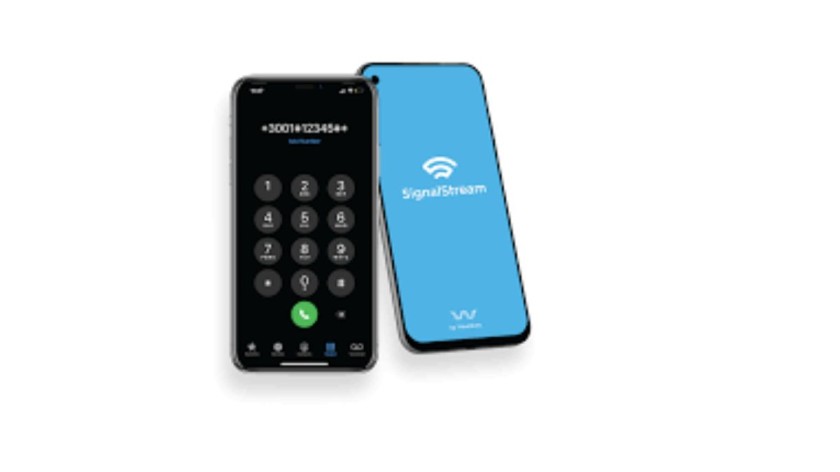
High-Capacity Chargers:
Opt for a portable charger with a high capacity (at least 10,000mAh) to ensure multiple charges for your devices. Some models even come with fast-charging capabilities.
Features to Look For:
- Multiple USB ports for charging several devices simultaneously.
- Compact and lightweight design for easy portability.
- LED indicators to show the remaining battery life.
Solar Chargers:
For eco-conscious travelers or those spending a lot of time outdoors, solar-powered chargers can be a great option. They allow you to recharge your portable charger using sunlight.
Considerations:
- Look for foldable solar panels for easy packing.
- Ensure the charger has a high conversion rate for efficient charging.
(6) Stay Informed About Emergency Numbers and Local Contacts:
Remembering local emergency numbers and important contacts is crucial for ensuring your safety and peace of mind while traveling. Having access to the local police, ambulance, fire department, and embassy or consulate numbers can provide invaluable assistance in case of an emergency. It’s important to also have contact information for local hospitals, your country’s embassy or consulate, and any relevant insurance providers. By having these contacts readily available, you can better prepare for unexpected situations and ensure a smoother travel experience.

Save Emergency Numbers:
Before you travel, research and save the emergency numbers for your destination. These numbers can include police, ambulance, fire services, and the local equivalent of 911.
Tips:
- Write down or store the numbers in your phone’s contacts.
- Learn basic phrases in the local language to ask for help.
Embassy Contacts:
Know the contact information for your country’s embassy or consulate in the destination country. In case of emergencies, they can provide assistance and support.
How to Prepare:
- Locate the nearest embassy or consulate to your accommodation.
- Keep a physical and digital copy of your passport and important documents.
(7) Leverage Technology for Communication:
Keeping in contact with your loved ones and friends doesn’t have to break the bank. There are numerous apps and services available that enable you to communicate for free or at very low costs using the internet.
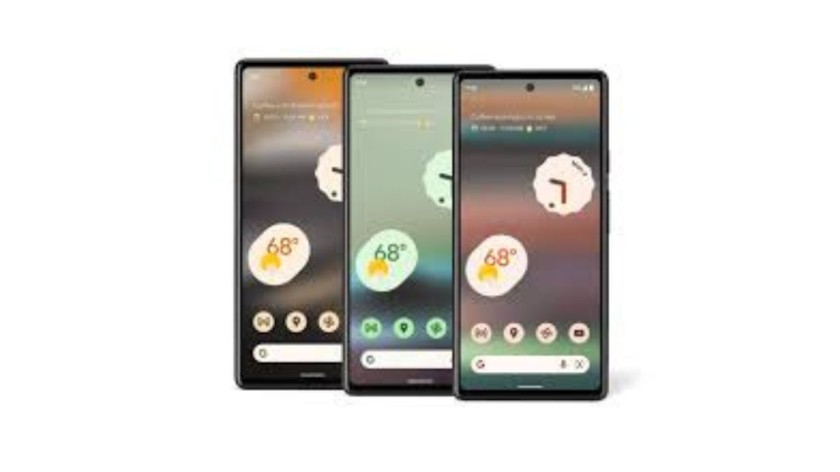
Messaging Apps:
Apps like WhatsApp, Viber, and Facebook Messenger enable you to send texts, make calls, and share photos and videos over Wi-Fi or mobile data.
Advantages:
- Free or very low cost compared to international SMS and calls.
- End-to-end encryption for secure communication.
Video Calls:
Video calling apps such as Skype, Zoom, and FaceTime are perfect for keeping in touch face-to-face with loved ones back home.
Tips:
- Schedule calls during off-peak hours to avoid network congestion.
- Use a stable Wi-Fi connection for the best video quality.
Conclusion:
Staying connected while traveling abroad can often seem overwhelming, but with the right approach, it can become a manageable and stress-free task. By carefully planning your communication strategy, making use of local resources, and leveraging technology effectively, you can guarantee uninterrupted connectivity and easy access to vital information during all stages of your trip. Embracing these thorough roaming tips will enable you to remain in touch and make the most of your travel experiences. Wishing you safe and enjoyable travels filled with seamless connectivity!
For more tips and updates on traveling and staying connected, subscribe to our blog and follow us on social media. Your next adventure awaits!
Read more- Feature Comparison: Google Assistant vs Siri
FAQ-
Why should I research connectivity options before traveling?
Researching connectivity options before traveling helps you understand the available services in your destination country, such as local SIM cards, eSIMs, mobile hotspots, and Wi-Fi availability. This preparation allows you to choose the most cost-effective and reliable options, ensuring you stay connected without incurring unexpected expenses.
What are the benefits of using a local SIM card?
Local SIM cards typically offer lower rates for data, calls, and texts compared to international roaming charges. They provide a cost-effective way to stay connected while abroad, and purchasing them is usually straightforward at airports, local shops, or carrier stores.
What is an eSIM, and how does it work?
An eSIM is a digital SIM that allows you to activate a cellular plan without using a physical SIM card. It’s embedded in your device and can be programmed with multiple carrier profiles, making it easy to switch between plans without swapping SIM cards. This is especially useful for frequent travelers.
How can I use mobile hotspots to stay connected?
Mobile hotspots (MiFi devices) provide internet access for multiple devices through a cellular data connection. They are ideal for groups or families traveling together, allowing everyone to stay connected without relying on local Wi-Fi networks. Look for unlimited data plans and ensure the device is compatible with local networks.
What should I consider regarding my carrier’s international roaming policies?
Check your carrier’s international roaming packages to avoid high charges. Look for plans with reasonable daily or monthly fees that include data, calls, and texts. Be aware of data limits, speed throttling, and the cost of making calls and sending texts internationally.
How can I find and use Wi-Fi effectively while traveling?
Many public places, cafes, and hotels offer free Wi-Fi. Use apps like Wi-Fi Map and Wiman to locate hotspots. Always use a VPN to secure your connection and protect your personal information when using public Wi-Fi.
What phone settings should I adjust to manage data usage and avoid roaming charges?
Disable data roaming in your phone’s settings to prevent unintended data use. Use airplane mode to avoid charges and save battery life, and download offline maps and apps to navigate without using data.
Why is a portable charger important for travelers?
A portable charger ensures your devices stay powered throughout the day, crucial for navigation, communication, and safety. Choose a high-capacity charger for multiple charges or a solar charger if you’re spending a lot of time outdoors.
What emergency numbers and local contacts should I save before traveling?
Save local emergency numbers for police, ambulance, and fire services, as well as the contact information for your country’s embassy or consulate. These contacts are vital for safety and assistance in emergencies.
What apps can I use to communicate while abroad?
Use messaging apps like WhatsApp, Viber, and Facebook Messenger for free texts and calls over the internet. For video calls, consider Skype, Zoom, and FaceTime. These apps help you stay in touch without incurring high international call and text charges.
How can I ensure the security of my personal information while using public Wi-Fi?
Always use a reputable VPN to encrypt your internet connection when using public Wi-Fi. Avoid accessing sensitive information, like online banking, over public networks, and keep your device’s security software updated.

